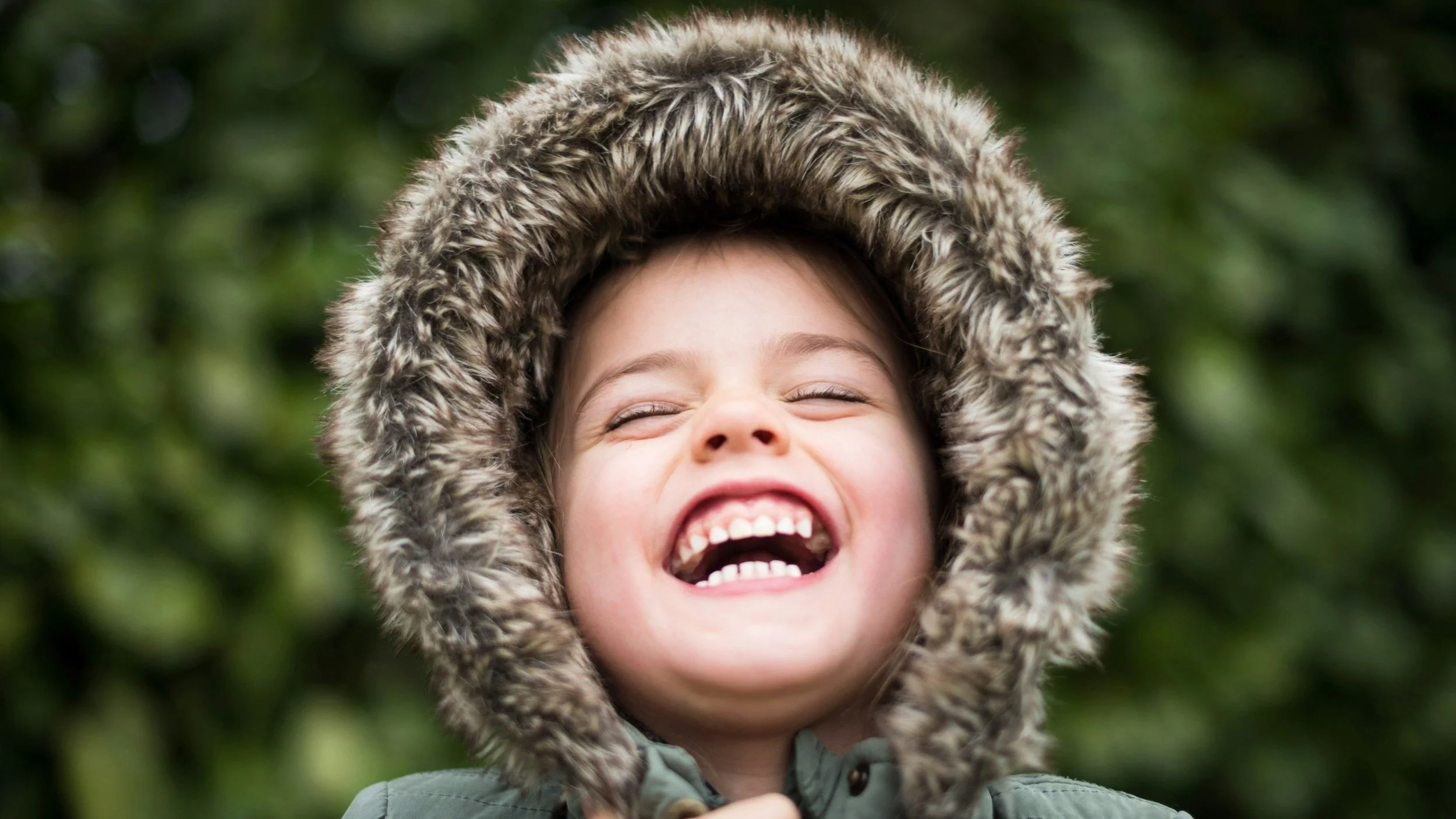Are You Happy With Your Happiness?
I just want them to be happy.
If you have a child, this crosses your mind all the time. It’s way up there on the list of priorities with health and safety, and when don’t see it happening, we kick ourselves a little. It seems like such a simple thing to want for a kid, but it’s extraordinarily difficult to maintain, even in the best of times, for both our kids and ourselves. It goes without saying that these are not the best of times.
Great thinkers have been looking at happiness from all different angles, for thousands of years. Many of them made it their focus, and many of them did so at tumultuous, uncertain, and scary times in history.
When happiness is in question, you can take a cue from these big thinkers and sit down for a think and a chat. We can keep wanting our little thinkers to be happy (it’s not like we can stop ourselves), but we can also take a closer look at happiness with our children themselves. With their help, we can reimagine it, reframe it, and maybe even find it in unexpected places.
Here are some big questions to get the conversation started:
· How do we know when we’re happy? How is it different from being sad, and can we know one without knowing the other?
· Is happiness something that’s given to us, that we find, or that we make? Do we get to decide when we’re happy?
· Is happiness something that happens all at once, or is it like a project we keep working on, maybe for our whole lives?
· Are some kinds of happiness better than others? What is the best kind of happiness, and what is the worst kind?
· Is happiness something we can measure or count, like we do other things?
· Is our happiness tied to the happiness of others? Can we be happy if we know someone else is sad?
· Why does it seem like some people get to be happier than others? Do some people deserve it more or less?
· Do other creatures experience happiness too? What about plants and trees? How do we know when something else is happy?
· Do we need to be happy all the time to have a good life? How much happiness do we need?
As is the case with any philosophical conversation with kids, this one can be had with the help of arts and craft supplies, music, stories, movies, toys, games, sports, nature, or anything else that sparks big ideas.
As history’s great thinkers tell us, happiness isn’t always what we originally thought it was. Critical thinking helps us to find recognize it, understand what it means, and appreciate it more when we find it. It helps us to be active participants in our own happiness, and in the happiness of others. Is there a better tool with which we can equip our kids as they grow into a world that can seem decidedly unhappy?
The very act of sitting down and thinking about happiness together may help you and your child find it, and that alone makes it worth the time and effort.
Happy thinking!



